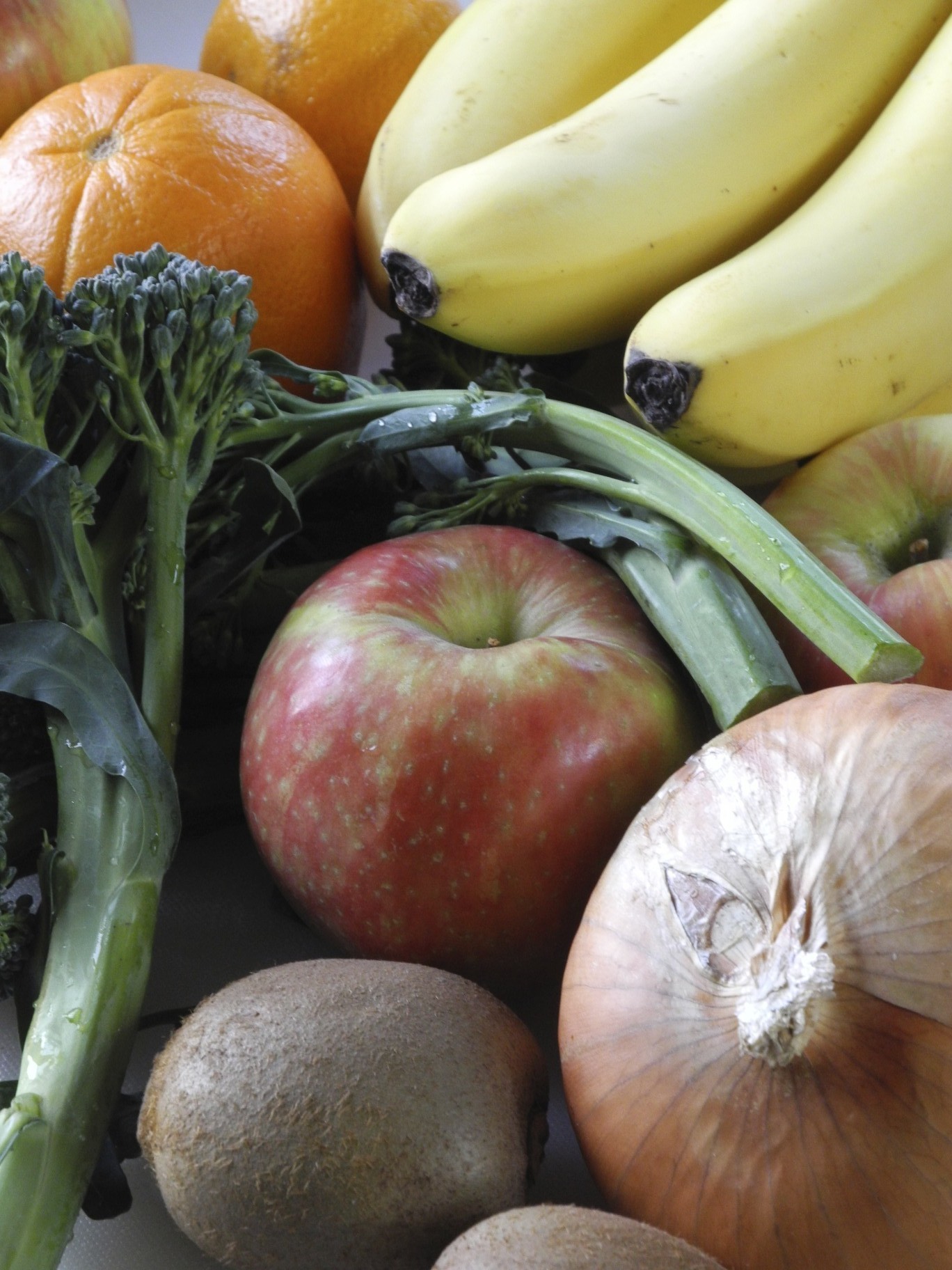John Michael: Pesticides in Foods
 Tuesday, November 29, 2011 at 07:35PM
Tuesday, November 29, 2011 at 07:35PM  When you’re on Paleo, you eat a lot of fruits and vegetables. They make you feel great. They’re delicious. And there’s a wide variety from which to choose. At the end of each meal, you feel good, satisfied with your food, and with the knowledge that you’re eating healthy. But for myself, there’s always been a nagging thought: What about pesticide?
When you’re on Paleo, you eat a lot of fruits and vegetables. They make you feel great. They’re delicious. And there’s a wide variety from which to choose. At the end of each meal, you feel good, satisfied with your food, and with the knowledge that you’re eating healthy. But for myself, there’s always been a nagging thought: What about pesticide?
I’d heard that pesticides were present in fruits and vegetables; the message that these residues were bad would pop up now and then on the radio, the nighttime news, and even once or twice at school. Additionally, I’d never really believed that washing my produce would eliminate the pesticides on it; I mean, fruits and vegetables are living things, with semi-permeable skins - of course they’re going to contain the chemicals they’d been sprayed with throughout their growth.
So I decided to look into things. Here’s what I learned: According to WebMD, with regards to pesticides, “A rule of thumb is to avoid exposures that are a thousand times less than levels known to be toxic,” and, depressingly, “A 2009 study led by EPA researcher Devon Payne-Sturges found that about 40% of U.S. children have levels of one type of pesticide well above this 1,000-fold margin of exposure.” The Environmental Working Group, a toxic chemical watchdog, adds that “U.S. and international government agencies alike have linked pesticides to nervous system toxicity, cancer, hormone system disruption and IQ deficits among children.” An MSNBC article warns of the connection of pesticide exposure to the development of ADHD in children. There is even speculation that those who work with pesticides are more prone to developing dementia.
Then there are the worries that pesticides, having entered the food chain, will begin to show up elsewhere: ScienceDaily reports that farmed fish are being fed vegetable matter, causing the accumulation pesticides within them; additionally, Reuters reports that the active ingredient in Roundup, Monsanto’s popular herbicide, is present in significant levels in America’s air and water.
The news is disheartening, but not hopeless. There are guidelines we can follow to reduce the presence of pesticides in our foods. Washing produce with water can remove pesticides on the surface of fruits and vegetables. Peeling, if possible, can further reduce pesticide content, as well as cooking. By varying the produce we eat, we can reduce exposure to pesticide types. (Different chemicals are used on different fruits and veggies.) The Environmental Working Group publishes a list of the cleanest and dirtiest produce, allowing you to diminish your exposure by selecting cleaner vegetables and fruits. And, finally, you can reduce your pesticide intake by eating organic.
John Michael
 Food,
Food,  pesticides in
pesticides in  Environment
Environment 

Reader Comments